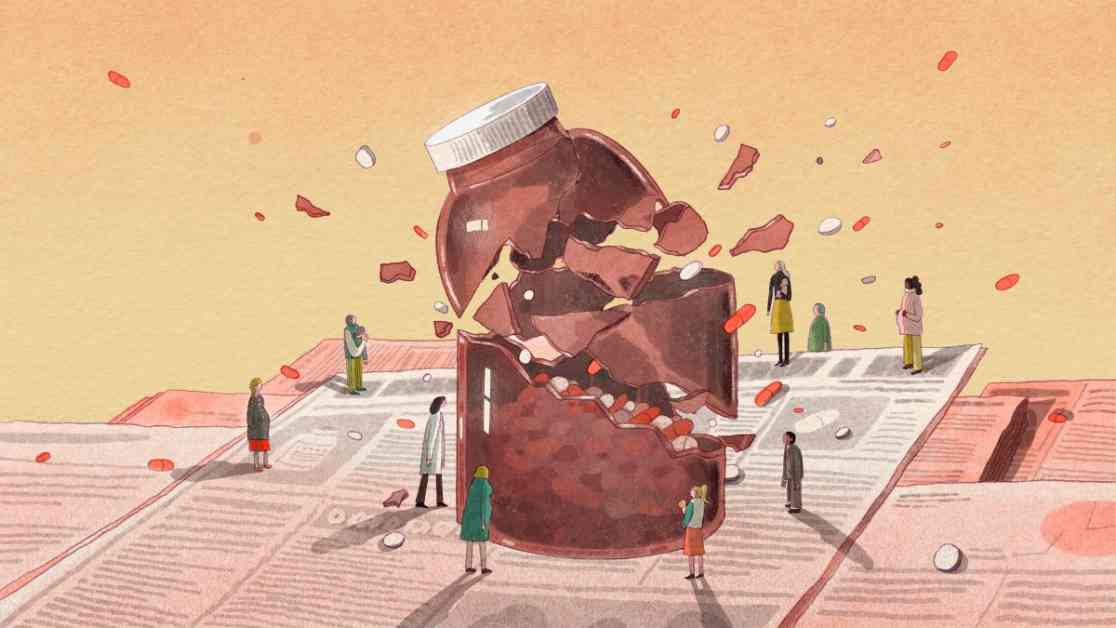It’s the summer of 1962, and the drug thalidomide has been off the market in Europe for months after it was determined to be unsafe to use during pregnancy. But in the U.S., people are only just beginning to find out about the scandal. The Washington Post breaks the story and puts a picture of Food and Drug Administration medical examiner Frances Oldham Kelsey, who refused to approve the medication, on the front page. She’s the hero who saved American lives.
President John F. Kennedy gives her a medal, and her image is splashed across newspapers around the country. Meanwhile, at the end of the previous year, Richardson-Merrell, the company that wanted to sell thalidomide in the U.S., had made a half-hearted attempt to contact some of the doctors who had been given millions of thalidomide samples for so-called clinical trials. Just how many pregnant people might have thalidomide in their medicine cabinet?
In July 1962, an editor at “The Washington Post” called a reporter named Morton Mintz over to his desk. The Post had gotten a tip. About an astonishing story. There was a drug called thalidomide that was suspected of injuring thousands of babies in Europe. And the drug had been withdrawn from the market in Germany and the U.K. eight months earlier. But somehow, by the summer of 1962, most Americans still knew nothing about this. And thousands of them were taking the drug, completely unaware of its dangers to pregnant women. The headline: “Heroine’ of FDA Keeps Bad Drug off Market.”
This hits the front page and it’s the only reason why you can say the word thalidomide today in the United States and anyone of a certain generation actually knows that name because of that article. That was it. That was the pivot point. Everything sort of spins from that.
In the days after The Washington Post article came out, Frances Kelsey went from ordinary civil servant to national hero overnight, giving interviews on major networks. Her daughter, Christine, recalls the media frenzy that surrounded her mother. Boxes of letters poured in, and Frances took the time to respond to as many as possible. She became a reluctant superstar, thrust into the public eye due to her refusal to approve thalidomide.
But amid all this national excitement about Frances Kelsey, there was this big unanswered question: if doctors in Germany and Britain knew at least as early as November 1961 that thalidomide was suspected of causing severe injuries to embryos and if the drug had been pulled off the market over there precisely because of this danger, why were Americans only just learning about that now, in the summer of 1962?
The delay in the U.S. response to the thalidomide crisis raises questions about the effectiveness of drug regulation and the dissemination of crucial information to the public. The story of Frances Kelsey and the thalidomide scandal serves as a cautionary tale about the importance of thorough drug testing and timely communication to ensure the safety of medications.




